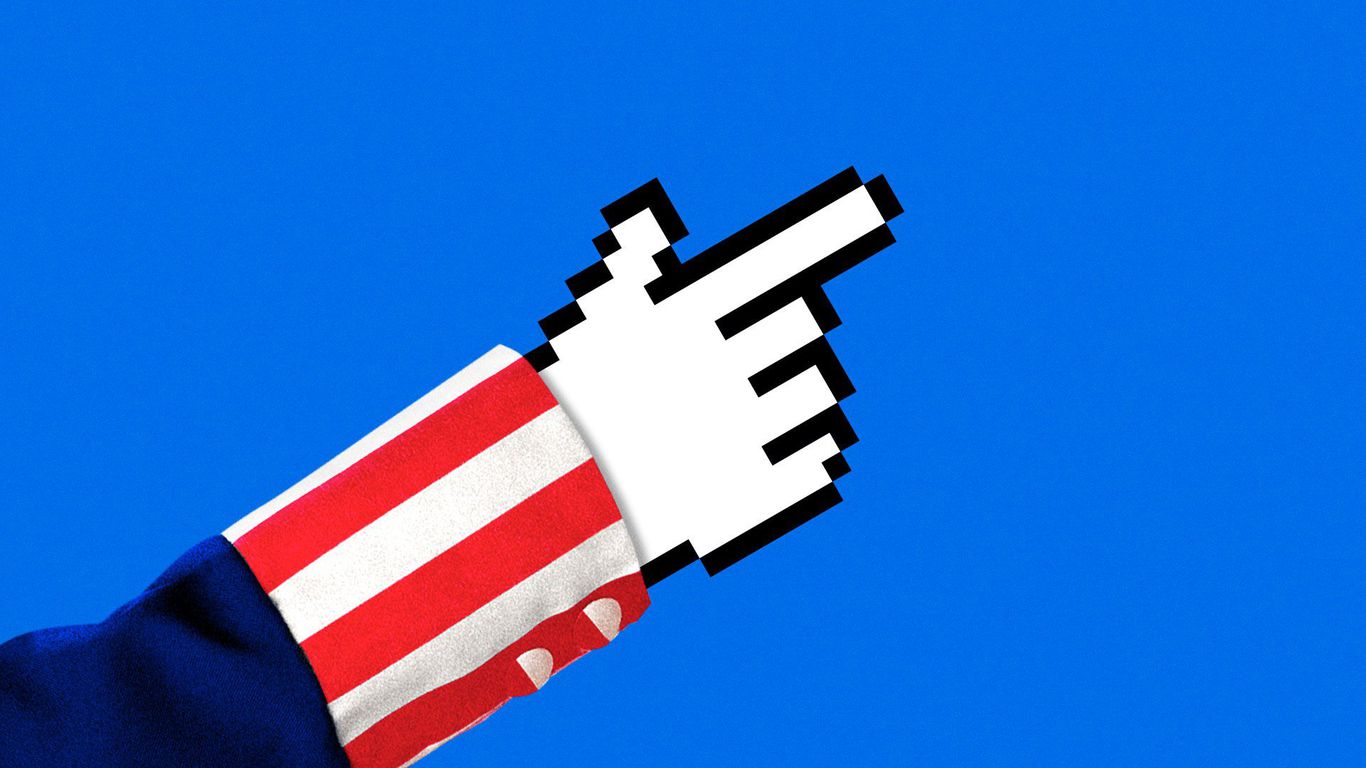Illustration: Eniola Odetunde/Axios
The crypto world has been asking a single question for the past decade: Who's in charge here? The answer has now emerged: It's the Americans.
Why it matters: U.S. authorities consider the whole world to be under their purview, to some degree. No one else behaves quite like that — so the U.S. ends up being the de facto global regulator.
Catch up quick: Last month, as you might have heard, a Bahamas-based crypto exchange failed, along with its associated Hong Kong-based trading vehicle. The consequences came thick and fast:
Between the lines: The Bahamian authorities seem to have been reduced to little more than plaintive tweeting.
Driving the news: Danske Bank, based in Copenhagen, this week paid $2 billion to the U.S. Department of Justice resolve a settlement over its lax money-laundering controls.
Be smart: Binance, the only major global crypto exchange now that FTX has gone, is beefing up its U.S. lobbying operation, three months after appointing Patrick Hillmann to the job of global chief strategy officer.
The big picture: Thanks to the dollar's status as the global reserve currency, the U.S. has always felt that almost all major international financial transactions, anywhere in the world, are within its purview.
The bottom line: The world of crypto has spent many years promulgating the useful fiction that there's a significant difference between U.S. crypto companies and those based offshore. When push comes to shove, however, U.S. authorities don't care one whit about such distinctions.
Author
Administraroot


